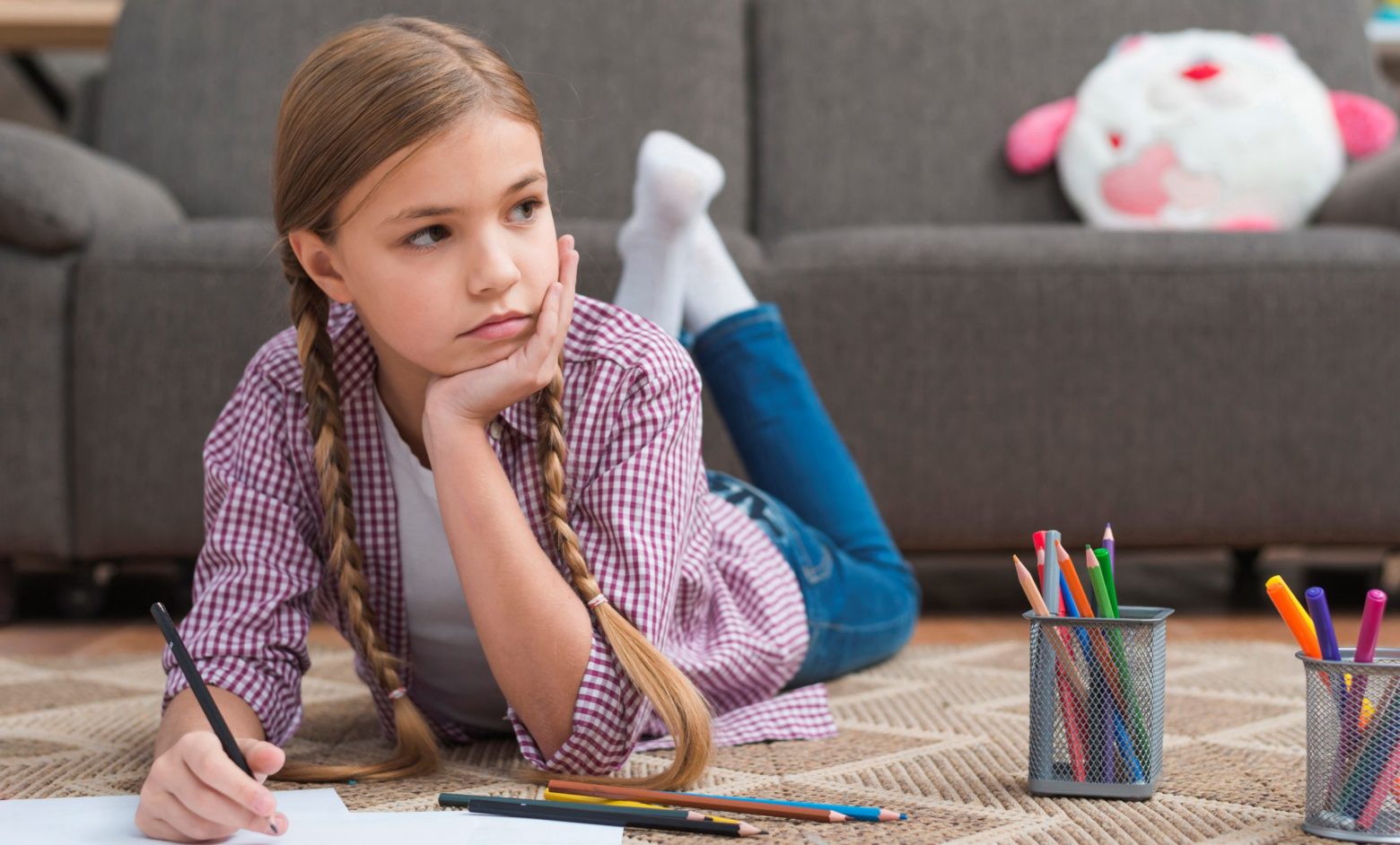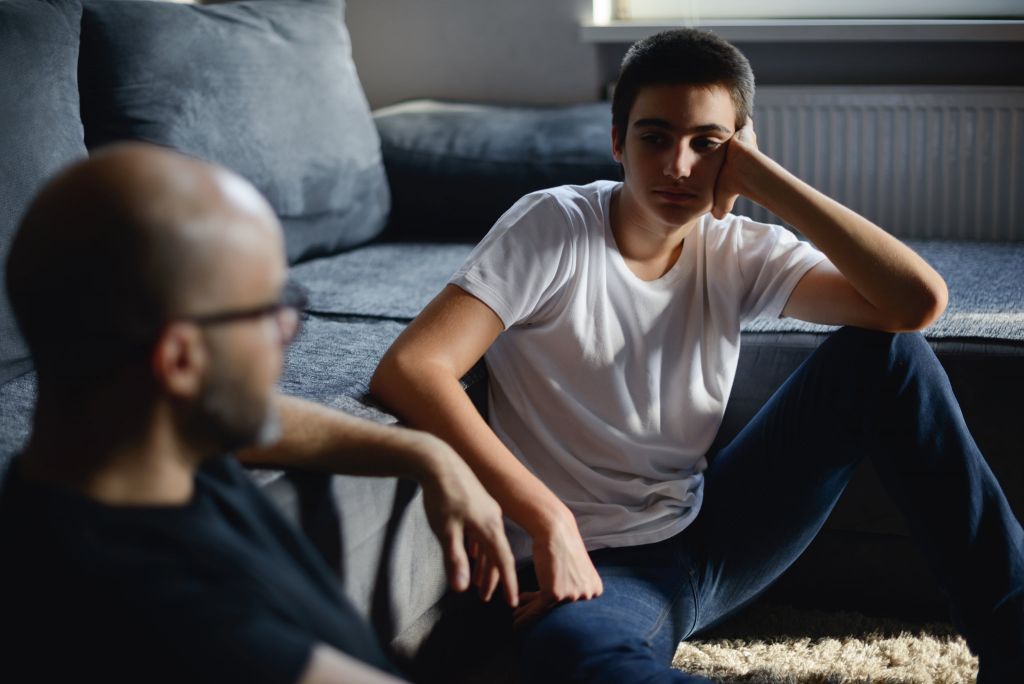We all want to have a good time in life, but there are often “dark” times when we have a bad time or don’t feel good. This bad period then has a lifespan according to studies.
While many studies suggest that the best years of life are between the ages of 30 and 34, there is a certain time period for the less happy years as well.
To uncover the truth, Spanish researcher Begoña Alvarez surveyed 28,000 people aged 50 and over, and asked them to think about their life journey.
When are we most…unhappy?
Alvarez’s study included three key questions about a person’s happiest years: “Was there a time when you were happier than the rest of your life? If so, when did that period begin? And when did it end?” Not surprisingly, the research found that the early 30s are often the peak period of happiness. However, the study found that happiness peaks between the ages of 10 and 14, the teenage years.
Why don’t we have fun at this age?
The period between 10 and 14 years, which includes pre-adolescence and early adolescence, is full of challenges. During these years, children undergo major physical changes due to puberty. These changes can lead to increased concerns about body image and self-esteem.


It is often difficult to adapt to sudden and drastic changes, causing internal conflicts and discomfort. The brain also undergoes a major reorganization at this stage, especially in the areas responsible for emotions and impulsivity. This rapid growth during adolescence can lead to mood swings, reckless behavior, and difficulty regulating emotions, making the adolescent experience turbulent.


Stress, Identity Search, and Conflict
As teens attempt to develop their own identity and gain independence, family conflicts often arise. The desire for independence may conflict with parental expectations, causing anxiety and uncertainty about their place in the world. Intense peer pressure and escalating academic demands are also characteristic of these years. The need to fit in with peers and succeed academically can be overwhelming, leading to significant stress and anxiety. Teens are more susceptible to mental health disorders such as depression and anxiety, which are often exacerbated by the stress and biological changes of puberty. Teens can often experience feelings of loneliness and hopelessness.
The transition from childhood to adolescence involves moving from elementary school to high school, a change that brings new social dynamics and increased academic expectations. This jump is another factor that contributes to the stress and unhappiness associated with these years.





More Stories
Monica Bellucci and Tim Burton are more in love than ever at the Venice Film Festival – melting for each other
It hurt me as much as it hurt us all.
Marios Athanasiou Shocked: ‘Tighter Penalties for Rape and…’ | Celebrity News